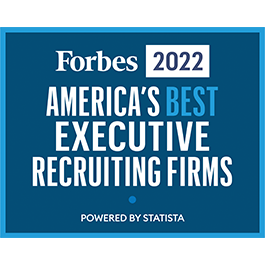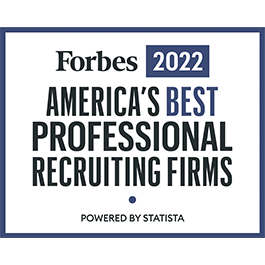Early in my career I learned having an entrepreneurial mindset applies to everyone. You do not have to be running your own business to think like an entrepreneur. Even those of us working for a small family run business or at a Fortune 500 company can benefit from using an entrepreneurial mindset in our day to day. Some of the most successful people I have worked with had so much drive and energy, you would think they owned the company we worked for. But they didn’t. They are also some of the best leaders. They tie their team’s effort to the bigger picture, create space for their team to think outside the box, and drive new ideas and different ways of thinking into the business.
Something I love about entrepreneurs is they hustle and really own everything they do. Think about some of the famous and not-so-famous entrepreneurs you know. The guy running the bike shop down the road didn’t get to where he is today without hard work, hustle and owning both his successes and mistakes.
We can learn from many characteristics of an entrepreneur, but three stand out the most to me. They are: Accountability, Creativity, and Confidence.
Accountability
Entrepreneurs take ownership of the outcomes from their actions. They hold themselves accountable even when they aren’t to blame. It’s their business and they own it, both figuratively and literally. Regardless of the circumstances, they have to see everything through to the end. They see it as their responsibility. We can all do this in our day to day. It can be as simple as following an issue from beginning to end, even if you are not the owner of a task or decision. If the end result is important to you or your customer, you’re accountable. The hard work and hustle mentality mentioned earlier tie back to accountability. Entrepreneurs don’t get by with putting in the minimum. Set your goals high, have a way to measure each goal, own them and over deliver.
Creativity
Taking the path less traveled isn’t always popular or easy. Entrepreneurs go their own way, challenge the status quo and aren’t afraid to make a mistake when doing so. And when they do make a mistake, they are resilient, learn, and move on quickly. Critical thinking and new ideas often come with hard work and are almost never perfect the first time. But, with hard work, the end result often leads to success. Thinking ahead, anticipating questions, and foreseeing possible problems, helps reduce failure from new ideas.
Confidence
Be comfortable being uncomfortable. Whether you’re presenting facts in front of a group or bringing your new ideas to a meeting, your body language and tone are a significant indicator to your audience trusting you and believing in you. Acting confidently, even when we are unsure, is key to our success. Appearing confidently can be the difference between being perceived as good or bad at something. In the end, confidence builds trust with others which can help drive the results you’re looking for on a certain project. Find a mentor or peer to bounce off your ideas, to help you anticipate questions from your audience, and to build your confidence through practice.
Start your week thinking about how you and your team can adapt an entrepreneurial mindset. Don’t have accountability to a P&L? Everyone in the organization impacts the P&L. Everyone should be aware of their impact to the P&L and act like they own it, just like the owner of a successful small business, analyzing and understanding how each penny is spent, and the value it creates. Already think you are fully accountable and owning your function? Dig in a little deeper to better understand your contribution to the business, search outside of your function and realize the impact you have cross functionally. Tired of doing things the same old way? Change it up. Bring a new idea to the table. You might be surprised the energy it can create within your team and organization.
Jill Schneider
* Customer Supply Chain Lead Manager, Walmart – Mars Petcare US

* Title and company of the author reflect their position at the time article was written.
The opinions expressed here by guest bloggers are their own, not necessarily those of Stout Executive Search.





